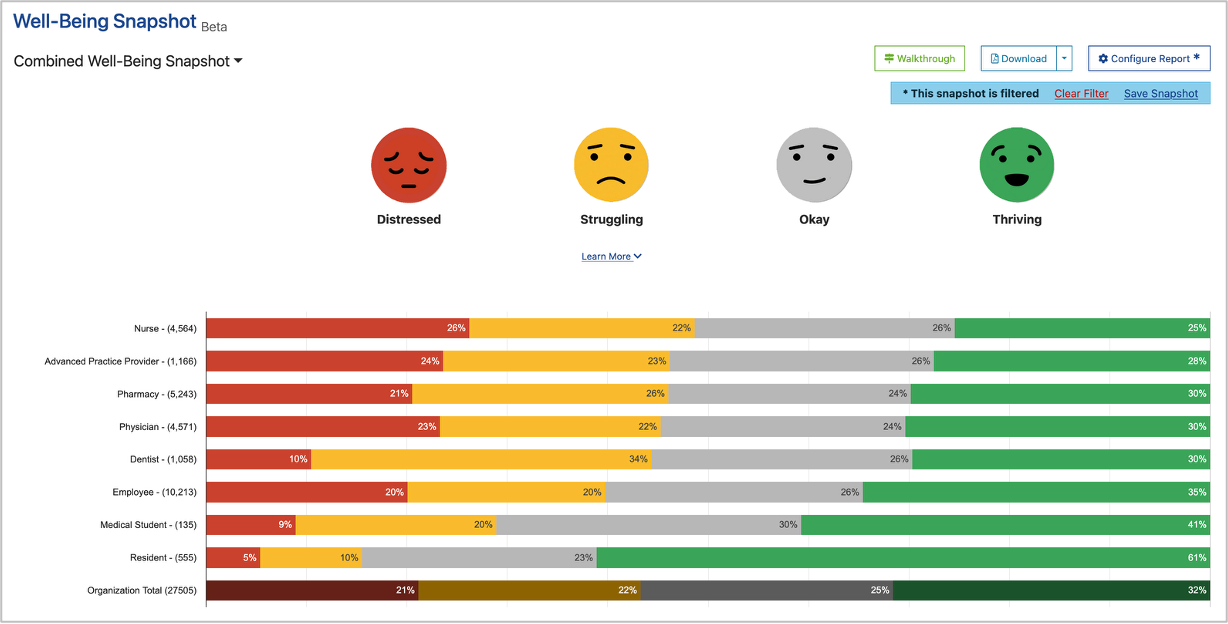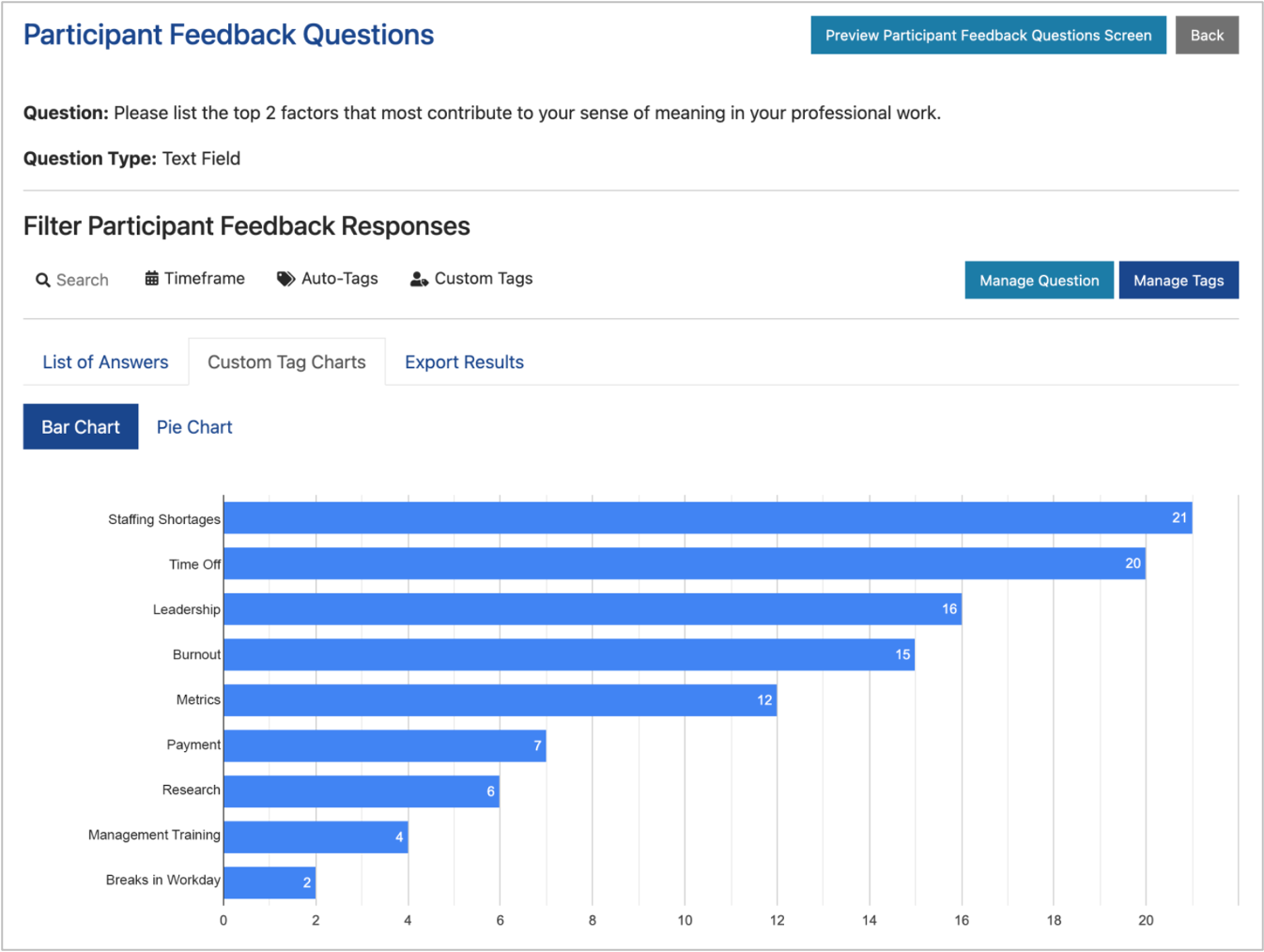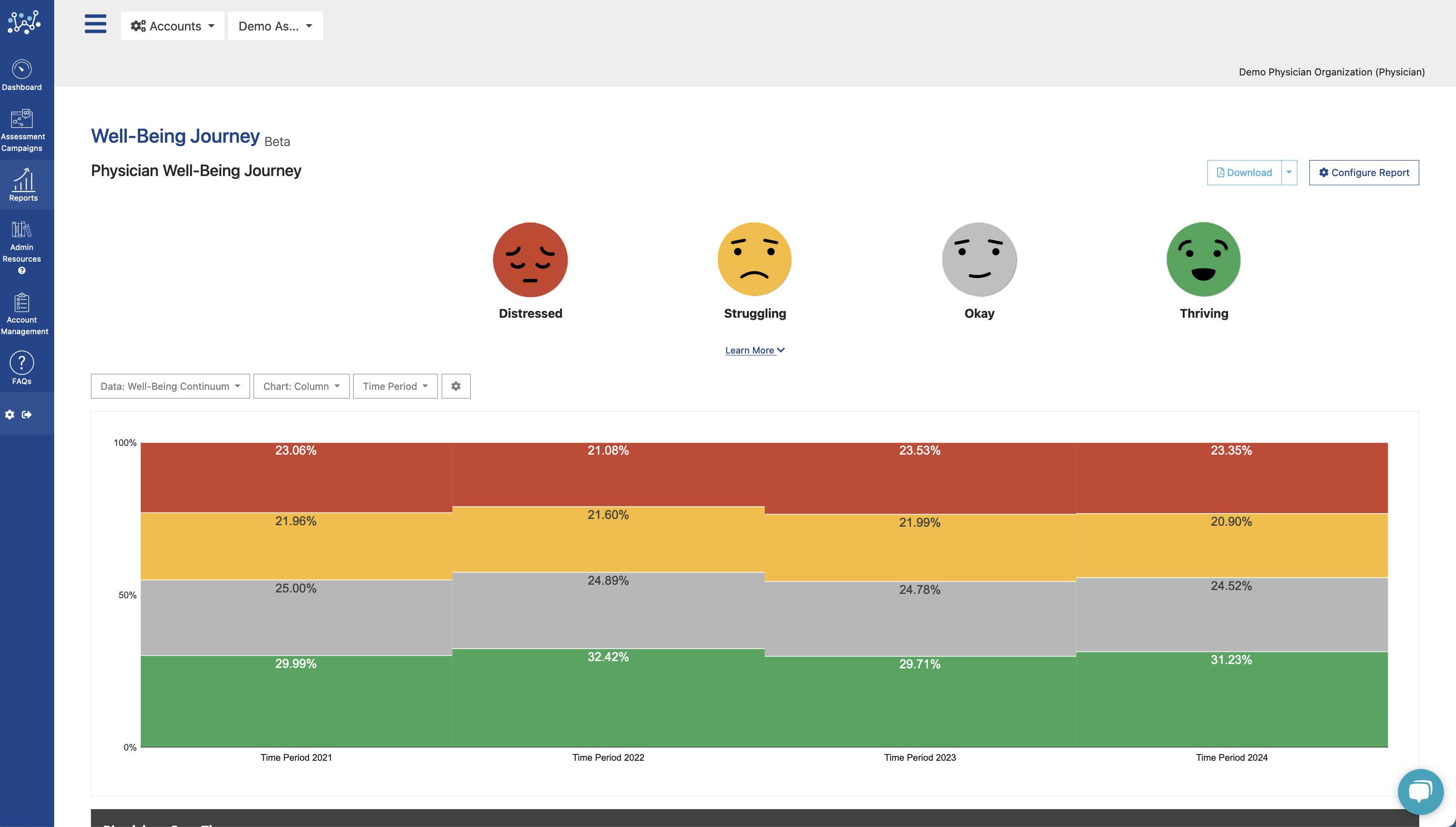Transitioning from nursing graduate to nurse is no easy feat. It requires adequate training and preparation, and a lack of these fundamental transitioning activities can lead to nurse burnout. Burnout is a common phenomenon in the world of nursing. Nurse burnout can be caused by a number of factors, including a perceived inability to accomplish tasks, inadequate (or absence of) training, a lack of preparation, long hours, inadequate staff support, and a lack of clarity regarding duties. Nurse burnout is also a big deal because it affects more than just nurses. It can lead to high turnover rates and decreased productivity, which can have a negative impact on the patients who are being served. One study has even linked nurse burnout to healthcare-associated infections, which almost 7 million patients acquire annually.
Furthermore, nurse burnout is cited as one of the primary reasons an estimated 465,000 registered nurses in the United States are no longer working as nurses, according to the Department of Professional Employees 2013 study. Nurse burnout also explains why an estimated 20 percent of new nurses leave their first jobs within a year and why 34 percent of new graduate nurses in a 2008 study intended to leave their positions. Thus, it’s important to support your nursing staff who have recently transitioned from being a nursing graduate to being a new nurse and prioritize minimizing nurse burnout during the first year so they can do and offer their best. Here’s what you can do.
1. Mental Health Resources and Support
According to a Science Direct 2014 study, poor mental health is strongly linked to nurse burnout. Therefore, it makes sense for new nurses to focus on getting their mental states on track before nurse burnout becomes a problem. New nurses can start by measuring their well-being. The Well-Being Index — with access to immediate feedback and supportive resources, such as videos and specific activities — is one helpful resource that offers a way to evaluate nurses’ well-being and monitor progress to improve self-awareness. Meditation practices, such as mindful meditation, can provide assistance with proactively avoiding nurse burnout since it helps reduce adverse stress and other factors that lead to burnout.
2. Employee Assistance Programs
One outside-the-job resource includes the employee assistance program (EAP). EAPs are great for providing support. New nurses can use EAPs to find counselors and other support professionals who can help them understand the root of their nurse burnout. These counselors can also teach new nurses how to cope with stressful situations, whether the counsel is presented via a group debriefing or a one-on-one session.
3. Education
At a minimum, offering educational resources is useful for preventing nurse burnout for new nurses. This can include personal coaching sessions, training videos, group meetings or a mixture of all. When they are provided access to education material, new nurses can understand when to set boundaries and recognize the signs of burnout to improve their well-being.
Final Thoughts
Whether your new nursing staff is working in a high-stress environment, such as the emergency floor, or in a nursing home, nurse burnout is real and can have a negative effect on recent nurse graduates transitioning to their new nurse positions and your patients’ well-being. It can also slow down productivity for your healthcare facility. However, taking the necessary steps to reduce incidents of nurse burnout can counter these problems. The Well-Being Index is a great place to start. Nurses can use it to assess their stress levels and compare their results to their peers’. EAPs and educational resources are also helpful for improving well-being.







